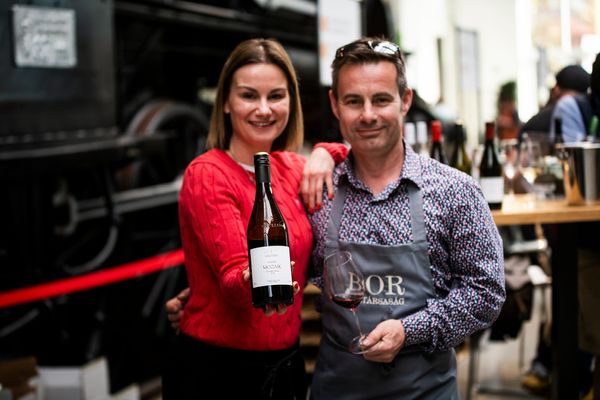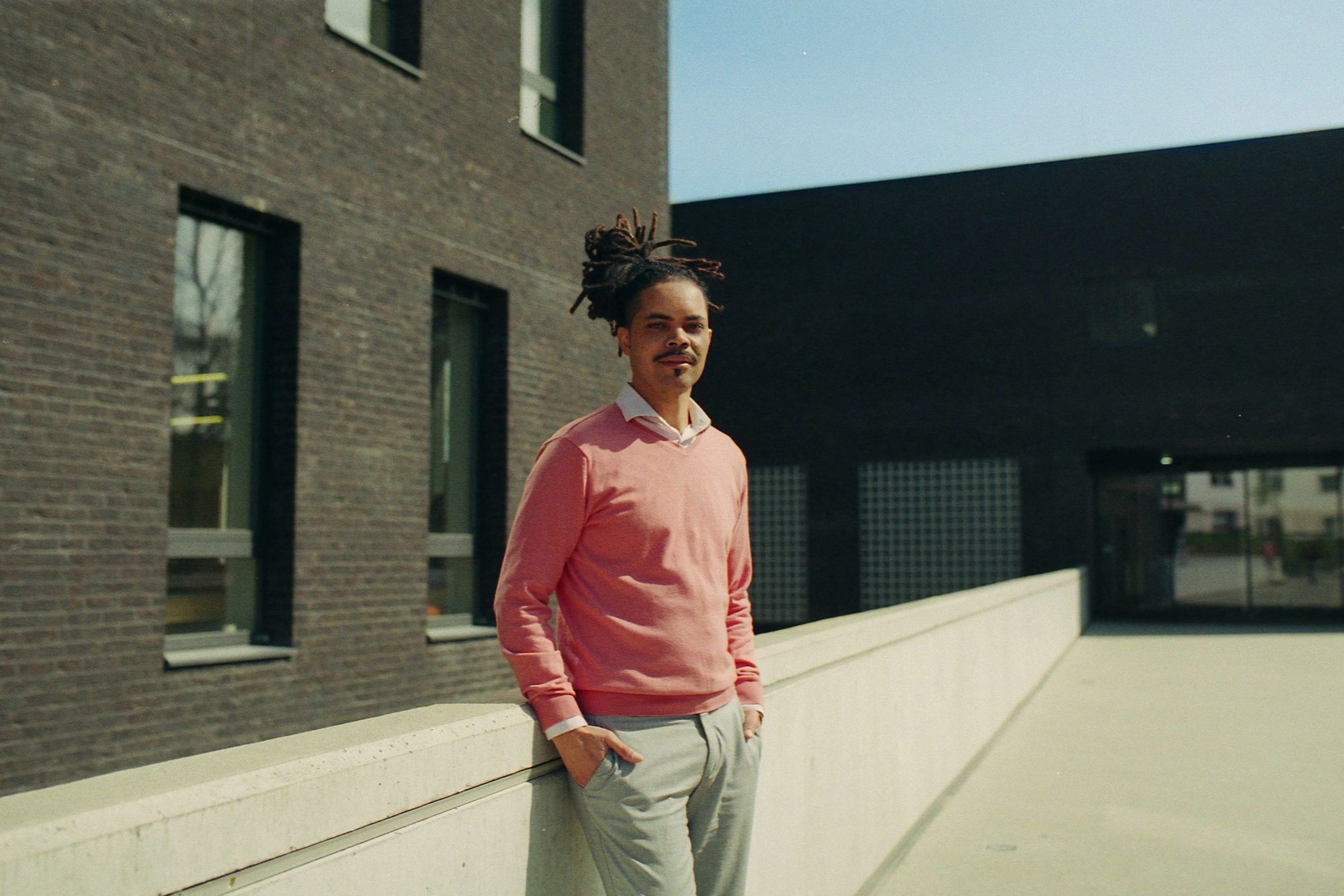The MOME Innovation Center has launched its first incubation program — the Proof of Concept (PoC) program. It aims to provide MOME citizens with personalized mentoring and financial support to further develop their creative work and help bring their innovative ideas to the market. In order to encourage interdisciplinary peer-to-peer learning, MOME citizens could apply in teams with external members from different universities or fields of study to work together. The Incubation Program seeks to shape the future of the creative industry by directly supporting young talent with an innovative, international and interdisciplinary program—and the university has chosen a leader who can credibly represent all this. We spoke to Craig V. Johnson, the Head of the Incubation Program.
Craig V. Johnson started his career as a chartered accountant in South Africa, worked as an auditor in the private sector for accounting and consulting firms, and then as a senior consultant both at home and abroad. Leaving the corporate world behind, he obtained a master’s degree in various fields: he studied applied ethics, international relations and international security in South Africa, Hungary and Poland. He has recently founded the Changemakers Youth Forum under the patronage of the Hungarian National Commission for UNESCO and co-created the GiLE Foundation, where he supports young people’s pursuit of a successful and meaningful life. In February 2022, he joined the team of the MOME Innovation Center as the Head of the Incubation Program.
Please tell us about your professional journey! How does someone go from being an accountant to being a supporter of young emerging creatives?
It certainly didn’t happen overnight—there were many life experiences and small changes that led to this, but above all, I’d say my curiosity to learn and my internal drive to make a social impact continues to play a big part in shaping my unusual career path. Like many other young people, my parents initially nudged me to pursue a career in something that I was good at. In school, I did well in accounting and maths, so it seemed logical to choose a career with this focus. This direction provided a promising career and a safety net, but then I realized that something was missing and that I wasn’t necessarily fulfilled. So, I started exploring different fields, which is when I returned to higher education. I rediscovered how many other industries and disciplines there were out there for me to learn about. Since then, it’s been a continuous transition from accounting to ethics, to teaching English, to studying diplomacy and politics, launching non-profit initiatives to empower youth, and now to delving into the world of art and design. During the process, I realized that I love and appreciate these transitions, and there really is a lot you can discover about yourself and the world when going through them. That said, I want to encourage others to reflect on their own career path and consider interacting with the world in a similar way.
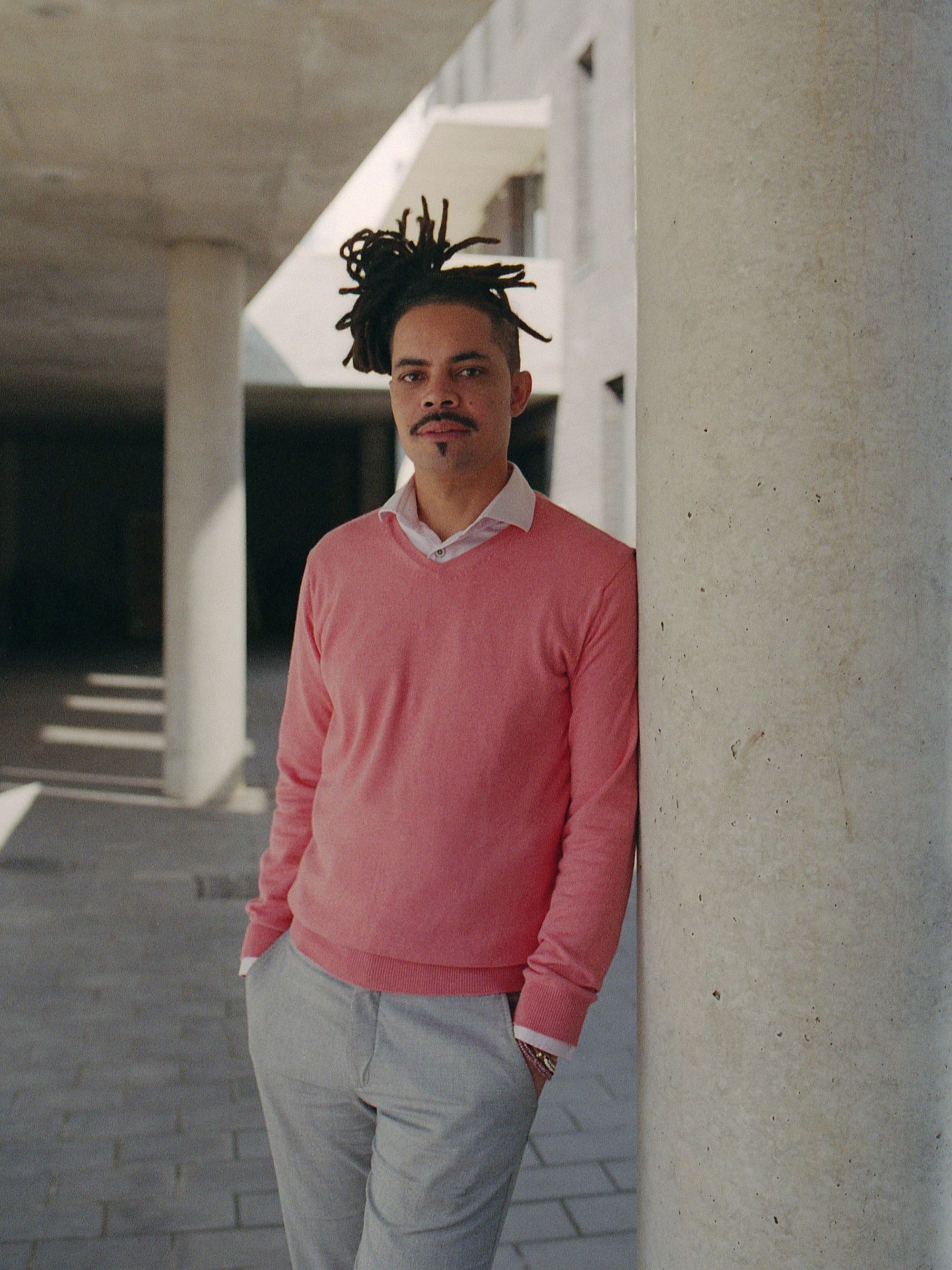
How did you get involved in design?
It’s an interesting question because I think I’ve been somewhat connected to design without me really knowing it. Even though I don’t have a design education, I recently started to reflect on what it means to be a designer or a creator, and what it has to do with the creative industries. To test things out, to prototype, to see what works and to iterate. And when I discovered the design thinking theory, I realized that, in part, I have been behaving and thinking like a designer, particularly when it comes to how I went about prototyping my various career interests over the years, and how I approached creating various youth initiatives here in Hungary.
I’m much more aware of the importance of a user-centered approach, and it’s much closer to my heart nowadays. I believe that if you really want to make a difference and a sustainable impact, then it is essential to first understand what people need. I also realized through my various jobs and initiatives that it’s also vital to create memorable experiences when designing anything. For example, when organizing an event, content and whatever is discussed is important, but it is not everything. It also matters what people see and experience. Reflecting on needs goes hand-in-hand with thoughtful visuals in design, and this is what also attracted me to the field.
In February 2022, you joined the team of the MOME Innovation Center as Head of the Incubation Program. What was your first impression of the university and why did you find this position a good challenge?
Before I became aware of this opportunity, I was already actively following the changes that were taking place at MOME in the press and particularly on social media. I consider change to be something that’s more exciting than daunting, and I knew this position would present a fantastic opportunity to be part of this new chapter in the university’s history. The position enables me to contribute towards achieving the university’s strategic objectives by helping to put together an incubation program for young creative talent. Regarding other impressions of the university, I think the campus is beautiful, and I’ve already enjoyed countless conversations with staff and students that were all very interesting. I appreciate how differently creative people think and see the world, and it’s really motivating for me to be around people who are eager to bring change to the world.
What is the purpose of the Incubation Program?
The purpose of our incubation program is to assist creative talent to develop their innovative ideas and then help move them from paper into real business creations. Historically, there has never been a focus on business and entrepreneurship training in art and design education courses, in Hungary and throughout the world. The major consequence being that there are many creative ideas or concepts that are lost because they aren’t further developed or supported, or even given the opportunity to flourish in the market. The incubation program aims to create a space for creatives to come and learn the basics about business and entrepreneurship. Participants typically receive financial support and personalized mentorship that’s tailored for their specific situation and project. The program helps them master the skills they need to pursue entrepreneurship and, in general, to recognize entrepreneurship as a potential career option. Towards the end of the program, we also facilitate the process to connect participants with potential investors, so that they can consider the different possibilities when taking their project to the market and to the next level. It may not be the ultimate destination for all participants in the program, and we are confident that the program would at least give them a set of skills that will put them in a better position if they decide to become entrepreneurs later on.
As you pointed out earlier, the MOME community is truly diverse, with artists and theorists who are more motivated to pursue a career in art or academia. How would you encourage them to apply for the program?
On the one hand, we try to make them realize that entrepreneurship is an exciting journey that’s in essence a continuously creative activity because you are constantly adapting to things and constantly exploring ways to make your creative idea or concept even more innovative. We also encourage young talent to join our incubation program by highlighting how they can develop skills that are indeed valuable outside of entrepreneurship. This includes developing aspects such as financial planning, research skills, mindset building, various soft skills such as communication skills and networking skills, adaptability and proactiveness, for example, which are all essential in developing any character as well as any creative project. In addition, we are also looking at hosting initiatives outside of our regular incubation program, such as experience-sharing startup events, social hackathons and other matchmaking initiatives for talented young people to explore the world of entrepreneurship and solving social problems, even though they may not have a precise business idea or concept. We are optimistic that all these aspects would help motivate them to apply for the program.
What type of mentorship can participants expect?
At MOME, I think we are privileged to have access to a talented network of people who have a depth of knowledge and experience. It includes our staff and alumni, many of whom have gone on to accomplish success after success. Our incubation program seeks to connect our participants with expert mentors who are a good fit for their team and their creative projects. We provide both business and technical mentors, and we are currently in the process of establishing a dedicated mentor network that is both international and interdisciplinary. Also, as you may be aware, MOME recently launched its Business to Design (B2D) pilot course in the Academy, which has already proven to be a success. So, we hope to integrate our mentors into both the incubation program as well as the B2D course.
The Proof of Concept incubation program is supported by the NRDIO and coordinated by the MOME Knowledge Transfer Center.
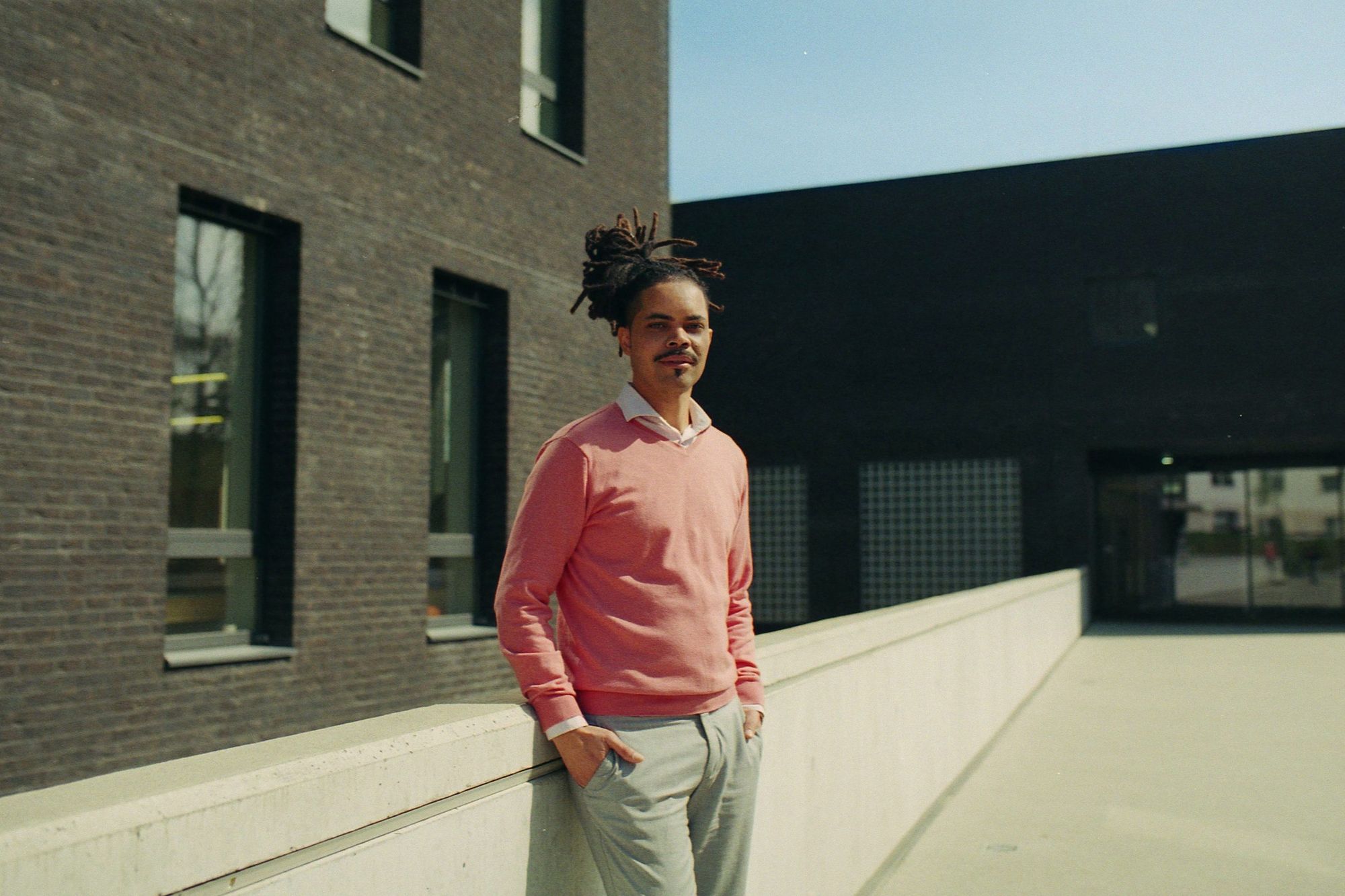
Photos: Dániel Gaál
MOME Incubation Program | Web
MOME | Web | Facebook | Instagram
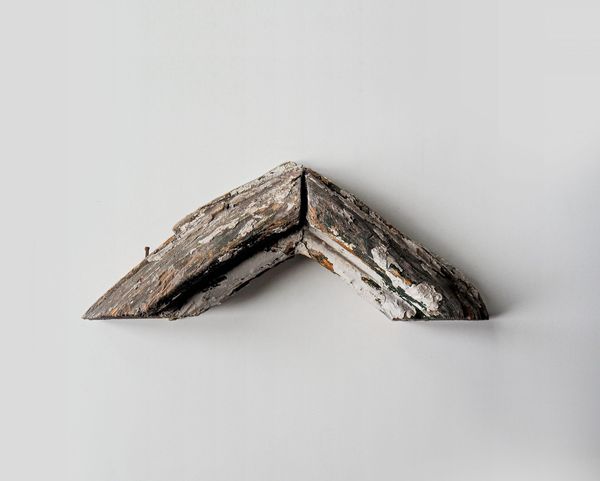
“Saving the treasures of Városmajor“ | 3h architects
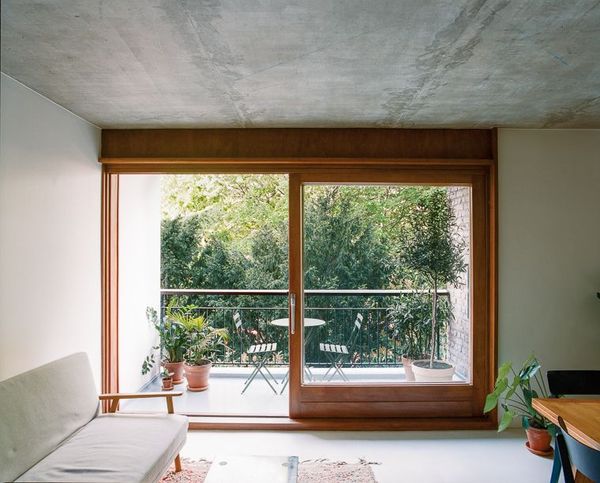
Committed to not only a place, a program or a scale: introducing a-platz
